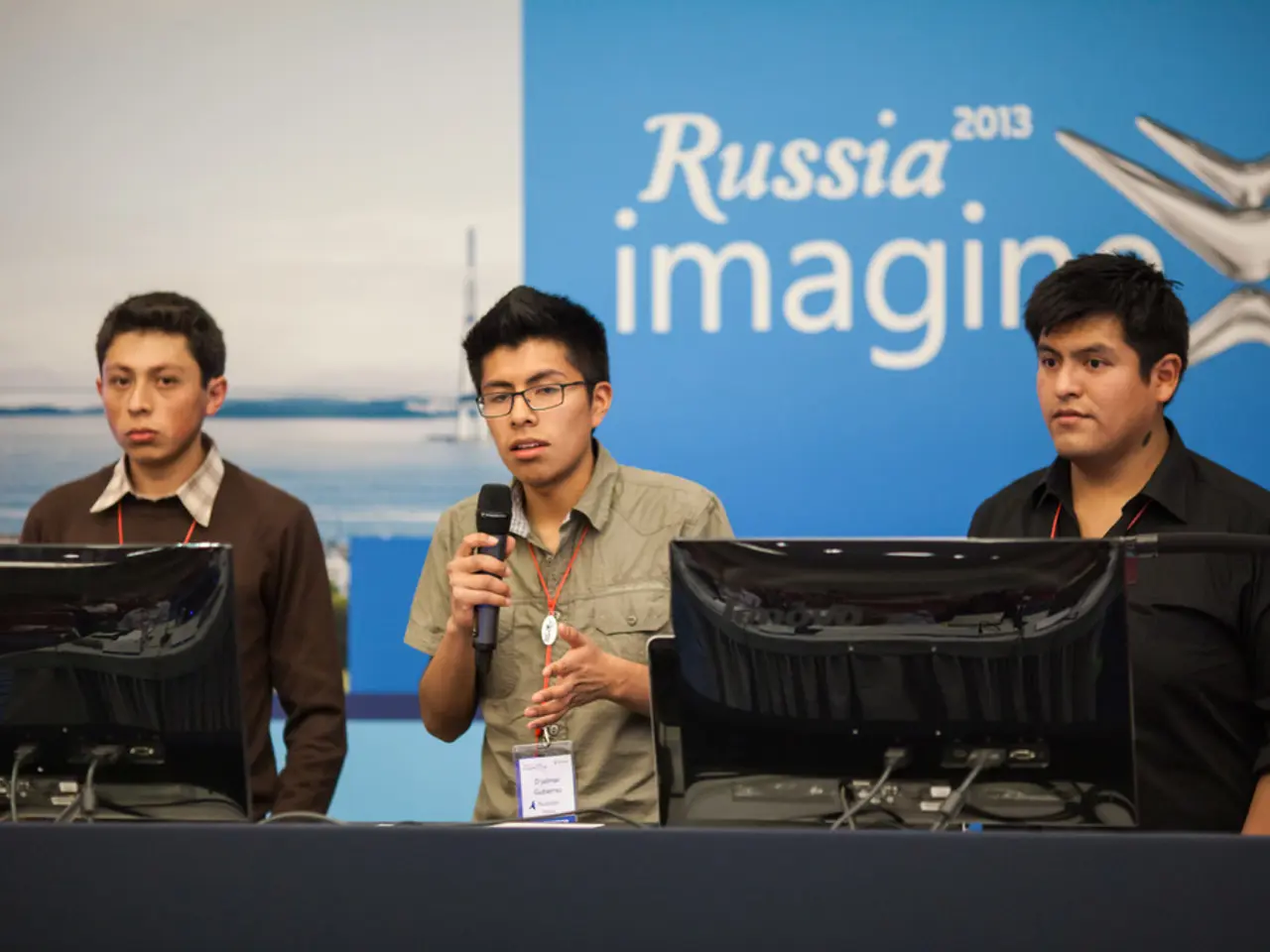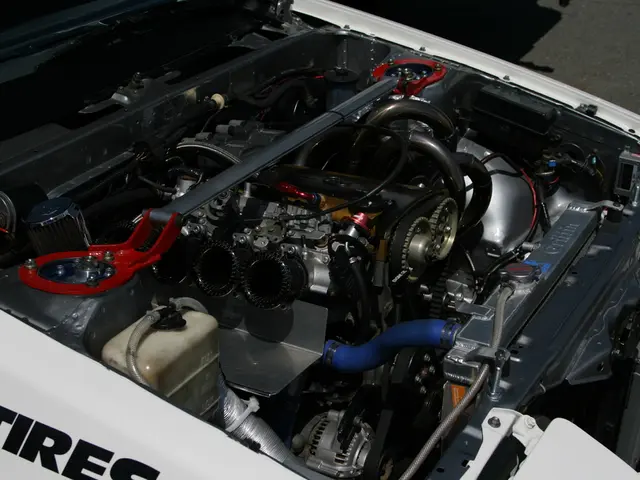China Prohibits Major Tech Companies from Purchasing Nvidia Chips, Claims Report - Beijing Asserts Domestically Developed AI Processors are Equivalent to H20 and RTX Pro 6000D Models
In a significant move, China's tech industry is increasingly prioritising the development of its own semiconductor industry, as indicated by several executives and industry leaders. This shift comes in the wake of the Cyberspace Administration of China (CAC) banning Chinese tech companies, including ByteDance and Alibaba, from purchasing Nvidia's AI chips.
The CAC's decision follows initial reports of lukewarm reception for the more affordable AI China-specific GPU, and the ban on using Nvidia products in China has sparked a flurry of activity within the domestic tech sector. Chinese companies such as Cambricon, Baidu, Biren, and Moore Threads have announced plans to increase production of their own AI chips to meet the demand caused by the ban.
Chinese tech giants like Tencent are also pushing to build their own infrastructure to replace Nvidia's software stack. The executive's comments suggest a change in strategy, with a focus on building a domestic system rather than waiting for potential improvements in the geopolitical situation.
The executive's statement implies a sense of urgency in building a domestic system, with all hands on deck for this purpose. China's chip makers are ramping production in anticipation of the glut of orders coming from companies needing AI chips but unable to purchase Nvidia products.
Nvidia's CEO, Jensen Huang, has expressed disappointment about the ban but understands the larger agendas between China and the US. However, the ban could potentially impact Nvidia's revenue, as the company faces fines of up to 10% of its China revenue for allegedly breaking China's anti-monopoly law.
Interestingly, Beijing believes that homegrown AI chip makers like Huawei and Cambricon produce chips with comparable performance to Nvidia's China-only products. This belief, coupled with the current geopolitical climate, has led to earlier hopes of renewed Nvidia supply if the geopolitical situation improves being replaced with a focus on building a domestic system in China.
In a bid to discuss Nvidia's ability to do business in China, one executive hoped to discuss the matter with President Trump during Trump's state visit to the UK. However, the executive's statement suggests a commitment to domestic chip production, rather than relying on foreign suppliers like Nvidia.
The message is now "loud and clear," according to one executive who spoke to the Financial Times, indicating a shift towards domestic chip production. Some Chinese industry leaders believe the CAC's ban on Nvidia's AI chips is part of the central government's effort to break free from American technology and boost its homegrown semiconductor industry.
In conclusion, the ban on Nvidia's AI chips in China has catalysed a shift towards increased domestic production of semiconductors, self-reliance in semiconductors, and a reduction in reliance on American technology, particularly in the semiconductor sector. The future of China's tech industry seems to be leaning towards a more independent and self-sustaining approach.







